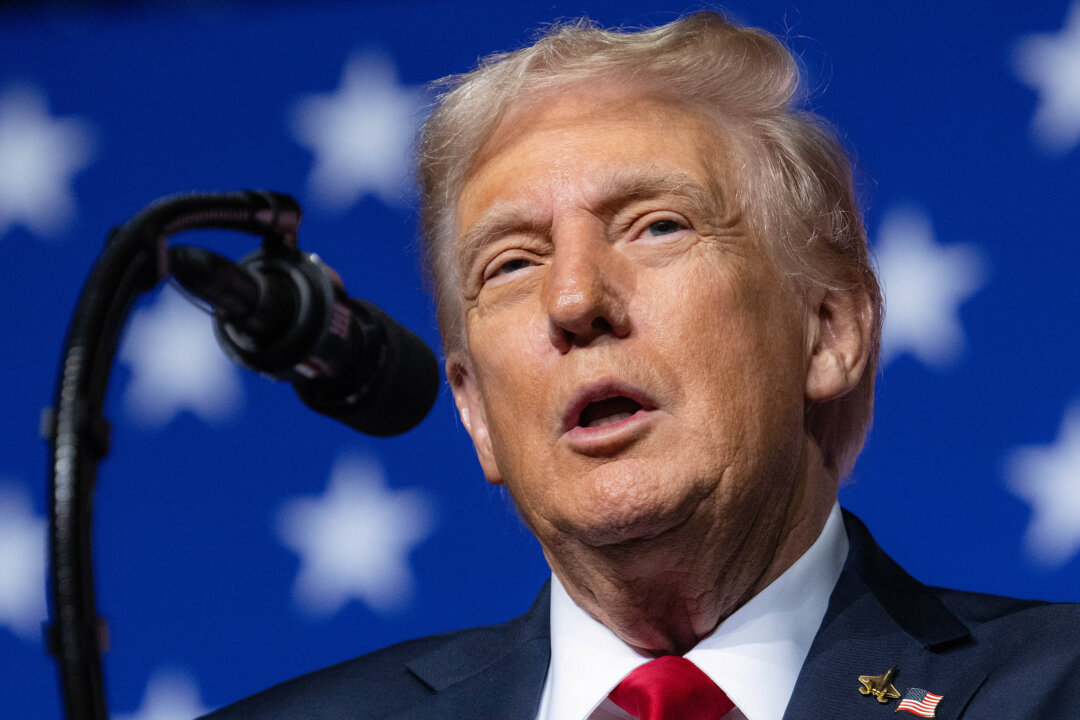URGENT UPDATE: The intoxicating hemp industry is facing an existential threat as a new federal law mandates states to regulate these products by November 2026 or risk an effective ban. This development is forcing businesses in states like Ohio to lobby for immediate regulatory frameworks, with state lawmakers expected to finalize critical regulations this week.
Under the newly passed provision in the federal budget bill that ended the government shutdown, hemp products must contain no more than 0.4 milligrams of total THC per container. This limit effectively eliminates the sale of intoxicating hemp products across the country unless states take swift action. Industry advocates argue that regulation is essential for consumer safety and the survival of local businesses, which have flourished into a multi-billion dollar industry since the 2018 Farm Bill legalized hemp.
If states fail to implement regulations by the deadline, federal prohibition will take effect, leading to the closure of businesses relying on intoxicating hemp sales. In Ohio, lawmakers are racing against the clock to pass Senate Bill 56, which aims to establish safety testing, age restrictions, and a 10% sales tax on products. Ohio House Speaker Matt Huffman emphasized the urgency of the situation, stating, “With the federal action, there’s no legal way that these folks can operate where they are right now.”
The proposed legislation differentiates between hemp beverages and other products, allowing low-dose drinks in bars and restaurants while regulating higher-dose beverages in grocery stores and gas stations. However, the federal law’s THC limit is stricter than what Ohio’s proposal currently allows, creating a complex regulatory landscape for lawmakers.
As states grapple with the decision, they face conflicting pressures. Some view intoxicating hemp products as a safety risk due to inadequate testing and age restrictions, while others recognize the potential for tax revenue and economic growth. The November deadline serves as both a warning and an opportunity for states to shape the future of this burgeoning market.
For businesses operating in states that do not enact regulations by the deadline, the stakes are high. They may need to pivot to non-intoxicating products like CBD oils or industrial goods or risk facing legal repercussions. The window for action is closing quickly, and many in the industry are anxious about their future.
As the situation unfolds, all eyes are on Ohio, where lawmakers are set to convene a conference committee Wednesday morning to finalize the bill. The urgency of this legislation cannot be overstated, as the repercussions of inaction will reverberate across the country.
Stay tuned for more updates as the intoxicating hemp debate intensifies, impacting thousands of businesses and consumers nationwide.







